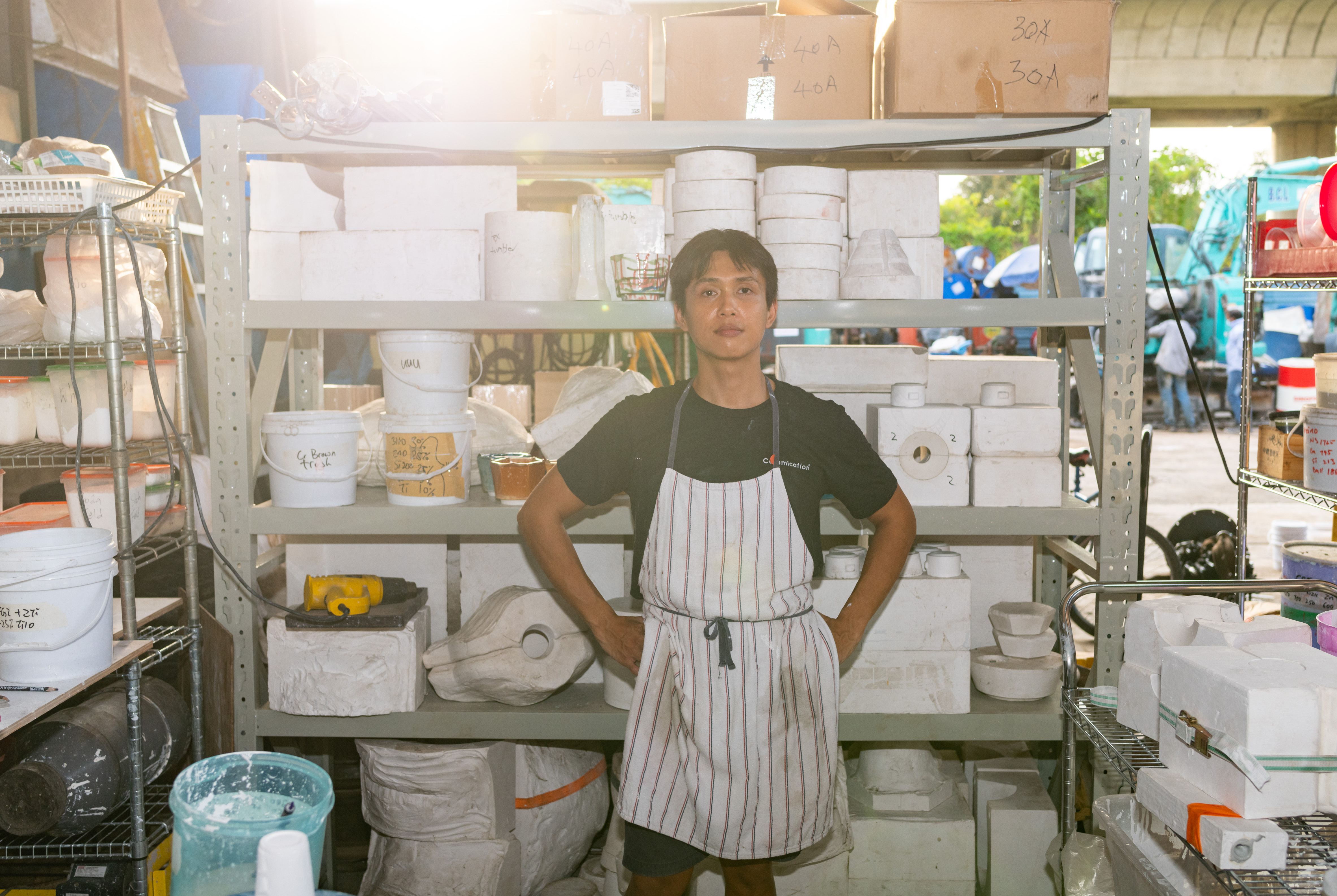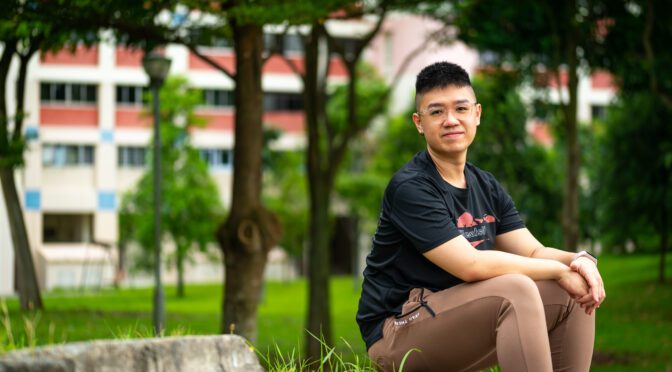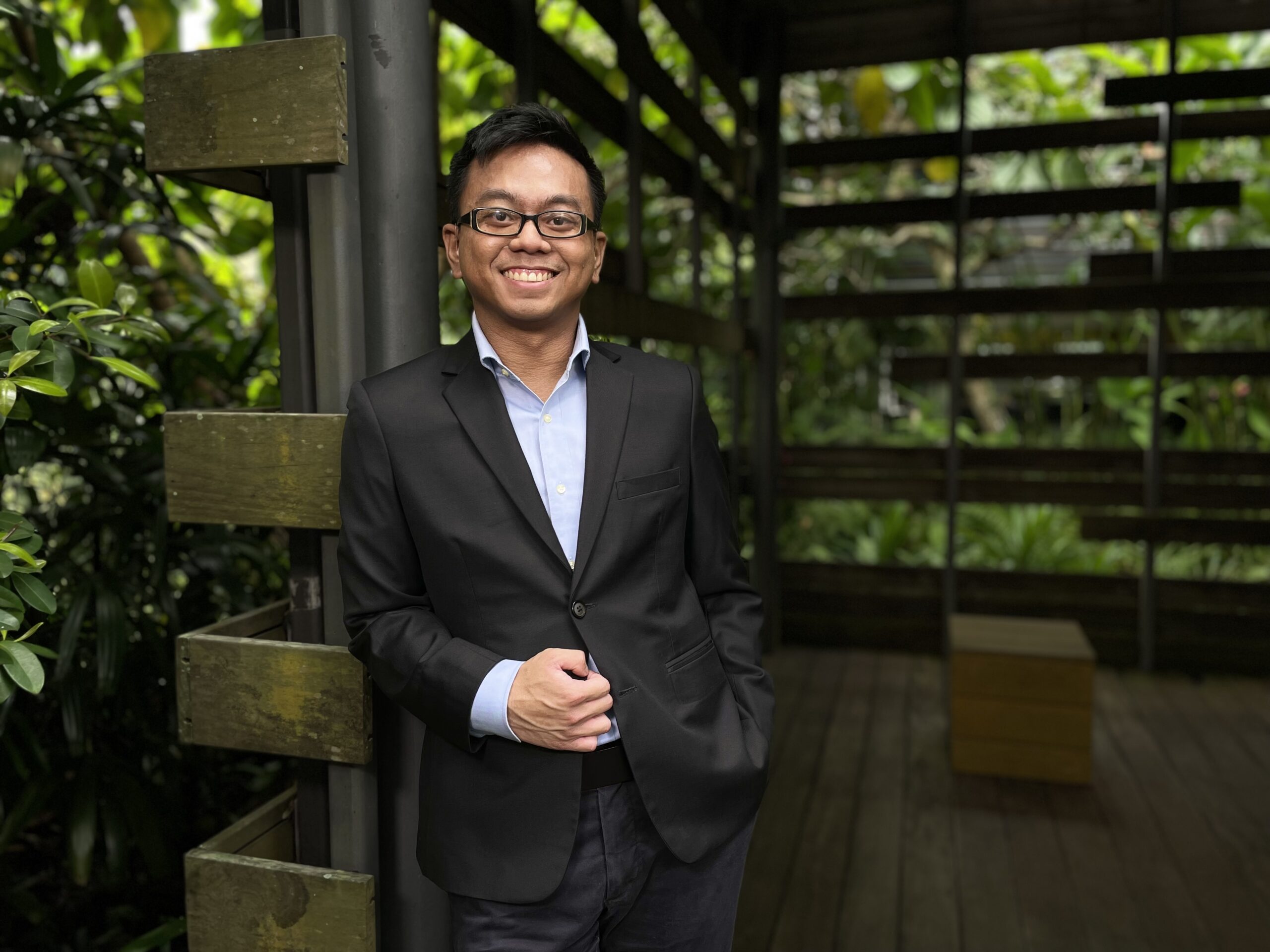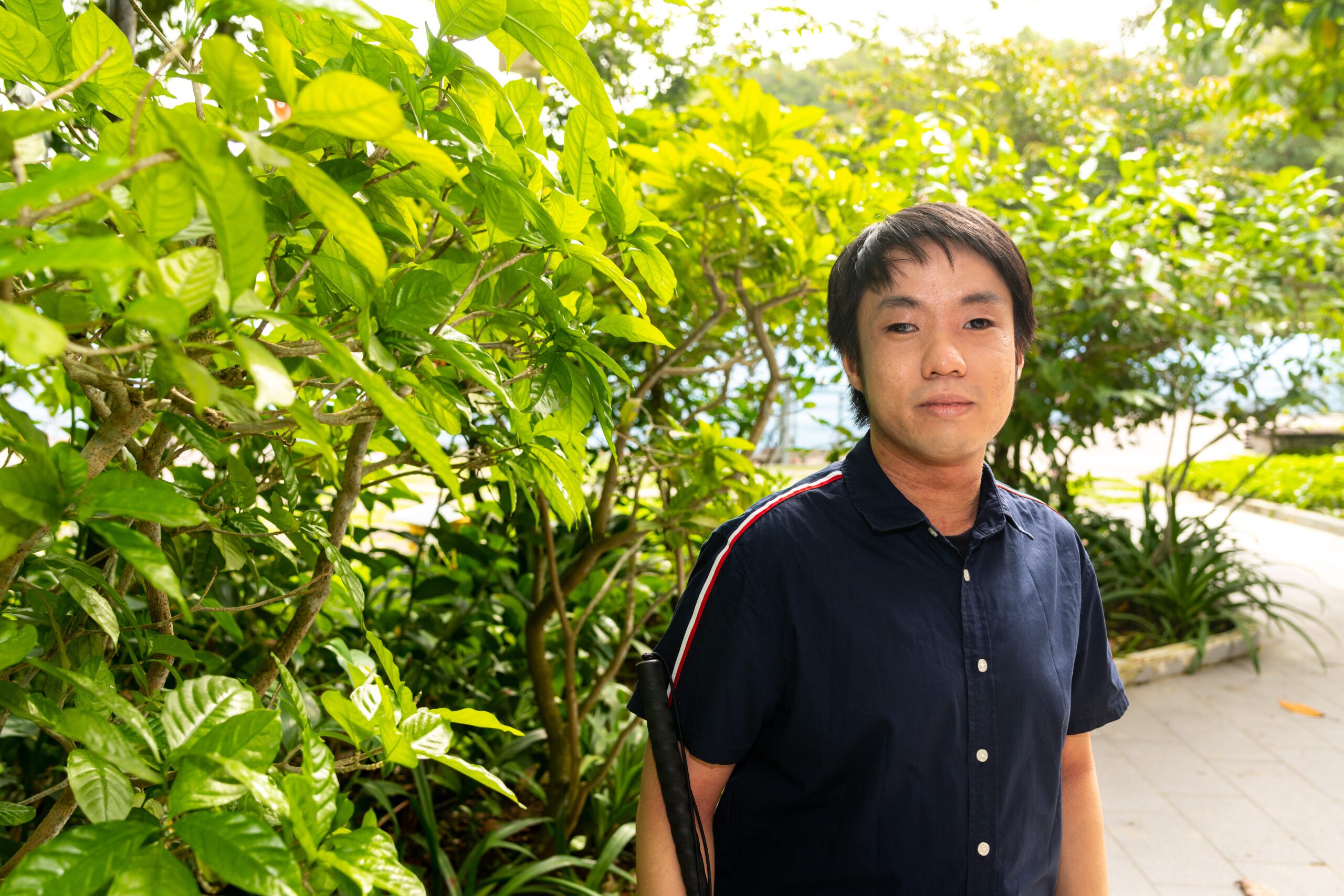What to you is the significance of pottery? Is it fundamentally not just an ostentatious object, pretty to look at, but ultimately has no real value?
Porcelain, if you do not break it, lasts almost forever. It has undergone similar heat processes that natural rocks have gone through. The oldest pottery fragments that have been excavated — found in Xianrendong Cave, Jiangxi, China — are over twenty thousand years old. They were made during the Ice Age. The analysis of these archaeology finds provides a link to our ancestors. We can infer their technological, economical and societal states by looking at the materials, aesthetic presentation, and processes they had available. More important, we see how the modern world is built upon incremental developments of previous civilisations. Pottery, as such, is a form of record keeping of the human culture and human story. It is more than just making something nice and putting it on the table.
Likewise, our actions or inactions today, will be our legacy. If we cannot overcome the current climate crisis, then our future generations will suffer, because their living environment has been destroyed by us. Conversely, they may survive and leave earth to become a spacefaring race. I imagine this: twenty thousand years into the future, an archaeologist born on SpaceX Europa colony returns to Earth on a mission and finds a Ceramication product labelled “Made in Singapore”. From this product, researchers of this time can deduce that Singapore, now a barren tract of land, once teemed with homo sapiens who were advanced and affluent enough to expend enormous amounts of energy to create objects for enjoyment.
Very interesting. And what of the genesis of Ceramication? What would others discover when they stumble upon its annals?
That for all the beautiful things it made, its beginnings were rough and ugly. I had a huge fallout with my father, after I broke the news to him that I was going to set up my own business, and that I wouldn’t be able to work for him anymore. He became really upset and accused me of being ungrateful and that my decision was unfair to him. A point he would reiterate was that the biggest mistake he’d ever made was sending me to a western country for my education. He thought I had fallen prey to the encroachment of western culture. As a traditional man who built his business from scratch, he thought it was the highest honour to have a successor carry on his legacy. And as his son, I was to be that successor, willing or not.
I think, typical of men his background and generation, and having received little education, he has very limited vocabulary to express himself. He is more comfortable with expressing anger than with using words to communicate. There was a period of frequent outbursts from him. Some pretty nasty things were said. I really thought I was going to be disowned. I told my father once that I was already very worried about my future, and that I didn’t need him to make matters worse. That was one of the last things I said to him; after that we went into a cold war. It lasted over a year — even now, when we do speak, it’s only just one-word acknowledgements.



